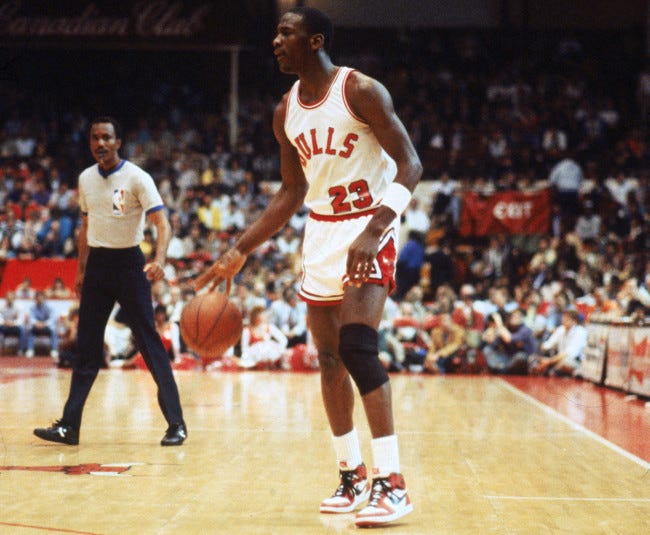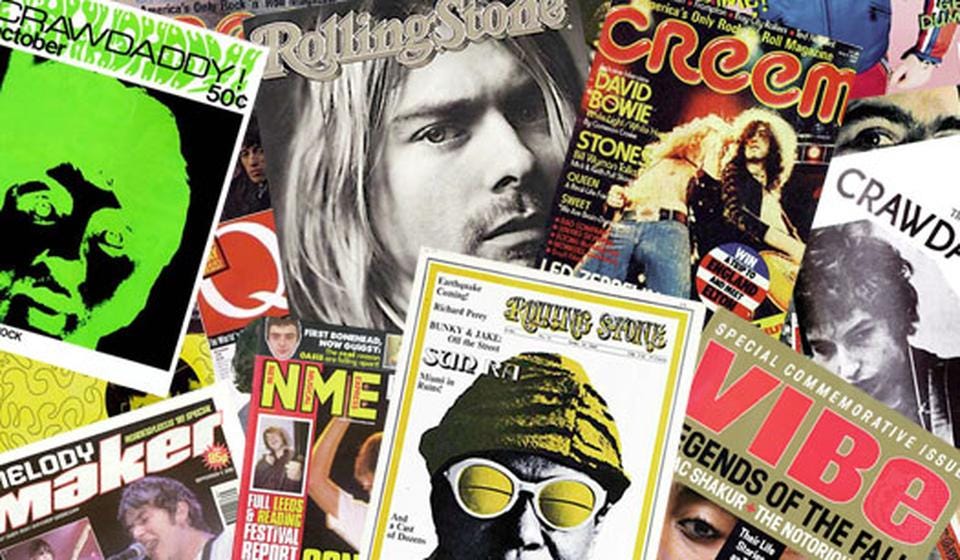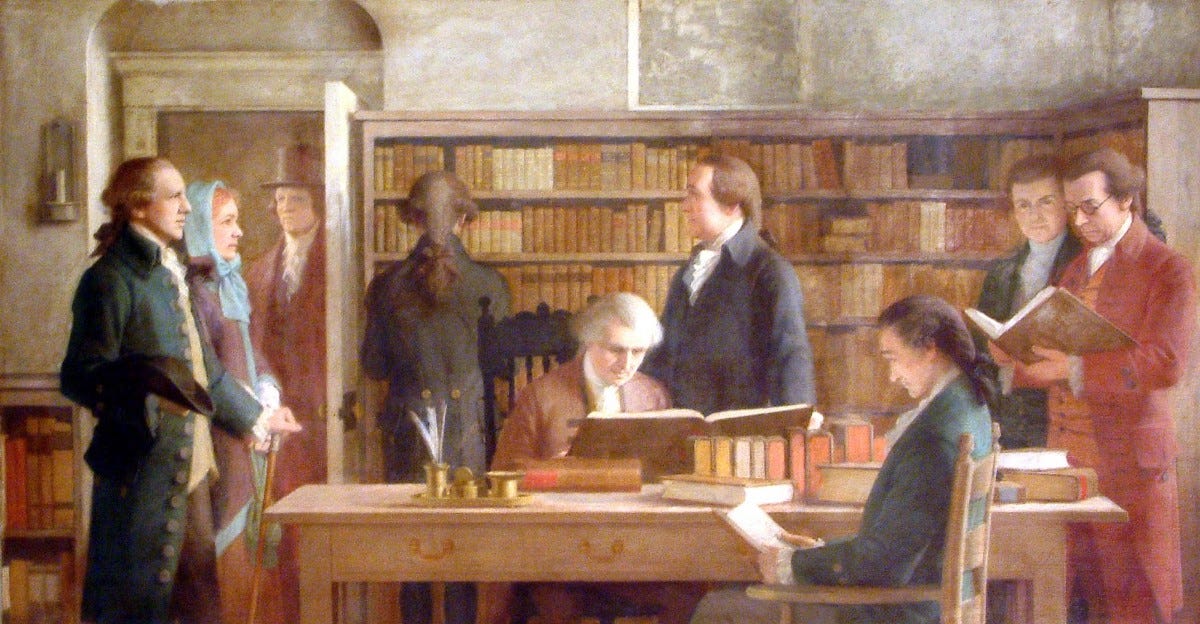Nicole Wray - Can’t Get Out The Game (feat. Beanie Siegel). Huge thanks to The Honorable Archibald Bonkers for putting me on to this one. Listen while you read!
IN CASE YOU FORGOT:

MARKETING THING:

Iconic products or ideas or personalities are always outcomes of their context. The mood has to be right for everyone to like chunky sneakers or shoulder pads. When the media, culture, or retail were mass, so were the social symbols. These days, we’d be pressed hard to find symbols that mean the same thing to everybody. The geography of influence, taste, and communities shifted to micro. The big, sweeping planes of culture that asked for big, sweeping products and personalities are replaced with many micro cultures, each with their own niche products and personalities. Our concepts of “cool” and “iconic” are forged in the intimacy of our own taste communities.
At the same time, the taste space has never been flatter. Burning Man outfits, family pajama sets, Halloween costumes, weddings, craft breweries and coffee shops all appeal to our tendency to revert to the recognizable and the familiar. Just like crickets or lightbulbs, only amplified with Instagram likes, Twitter hashtags and other performance metrics, our taste signals are harmonized, so all of us end up looking the same, dressing the same, liking the same things, and visiting the same places that also start to look alike.
The end of cultural icons: Why there will never be another Air Jordans (The Sociology of Business)
CULTURE THING:

(Hulu)
The American sitcom, like so many national institutions, has an earned reputation for segregation. There are the vaunted Black classics and then there are the shows that are containers for white stories, which present an urbanscape — usually New York City — whose multiculturalism goes unseen.
But Black people have never been nonexistent, or invisible, in the white sitcom. They have been invisible only in the way that Black people who service the margins of white world-making must be. In a genre whose conventions (and hilarity) thrive on white ridiculousness, Black people, relegated to the smallest of parts, exist to rein in the free play of whites, reminding viewers how safely deviant the main cast can be. No show exhibits this effect as quietly as the one that crested in lockstep with the ’90s culture wars, the quintessential sitcom and, in one woman’s opinion, the greatest — Seinfeld.
I love Lauren Michele Jackson’s writing SO MUCH. She hit this one outta the park.
RELATED: What season does Seinfeld become The Greatest TV Show Ever? I started the sitcom for the first time a few months ago and the first season was so brutal to watch that I gave up and watched all of The Larry Sanders Show instead.
When Black People Appear on Seinfeld (Vulture)
MUSIC THING:

(EuropaVox)
A glut of digital publications struggle for access to artists who retain a greater degree of control over their narrative, with the help of an expanding field of publicists. Escalating traffic demands have pushed music publications toward a celebrity-driven model, catering to readers by covering artists who are already popular and focusing the rest of their coverage on others with the potential to become famous. Access-driven music journalism is increasingly repetitive and less revelatory than it ever has been; outlets run competitive interviews and profiles carved from the same diminished portion of time and the same homogenous pool of artists. Criticism—bounded only by the writer’s intelligence and imagination—is nonetheless incentivized by the same celebrity model. Even intelligence and imagination have limited appeal when a reader has 33-plus Beyonce reviews to sift through.
Can music journalism transcend its access problem? (Columbia Journalism Review)
HOW TO HELP BLACK LIVES IN 30 MINS OR LESS:
When it comes to taking the steps needed to create a racially equal America, I’ve heard from many well-intentioned non-Black people over the last two months that one of the most daunting things for them is trying to figure out what they can personally do make things better.
Some folks see these massive issues as a significant problem that cannot be defeated, so they struggle to figure out what one person can do, which leads to them not doing much other than posting to IG. Some of that is not wanting to seem like you’re doing too much, some of that is fear your intentions will be misunderstood.
What if I told you that for only 30 minutes a week, you can help black lives no matter where you are or how much money you make? Here’s how:
Carve out 30 minutes in your calendar this week. Call it “Being A Better Person Time” or “Set a Good Example for my Kid” Time, whatever works.
Click a link and make a call or donate or sign a petition. Just do one thing in that 30 min window.
This weekend, share the above link with your three closest friends and say, “Hey, I’m (calling/donating/signing a petition). I’m worried about how things will be for future generations, so I’m doing something about it. If you’re interested, here’s the link!” If you have a group chat, drop it into your group chat!
Repeat the following week for as long as you can. Do it while you online shop, do it while you’re on an annoying call, hell, you can do it while you poop, I genuinely don’t care! Whatever it takes! It is the absolute least that you can do, but you’ll get a sense of accomplishment and the knowledge that you at least did SOMETHING to help. You have a vision of who you want to be, right? That ideal version of yourself that does the right thing when given a chance and leads by example? This is that chance. You can do it!
BONUS: You won’t have to lie to your kids or grandkids about being on the right side of history! You can be all like, “Children/Grandchildren, we don’t tolerate that racist shit in this house. If anyone says otherwise, send them to me.” and you’ll sound all tough and cool, and your kids or grandkids will respect and love you and not want to be racists…guess what? That means less racist people in the future!!!
Look at that. It turns out you had a bigger impact than you thought the whole time!
ANNOUNCEMENTS:

(A bunch of guys who owned slaves)
Starting today, paid Office Hours subscribers have access to The Junto - a private Slack channel for the forever curious. The name comes from Ben Franklin, who started the first Junto back in 1727 as a “club for mutual improvement”.
Members of the Junto club were avid readers and intellectuals involved in their individual improvement and that of society. The Junto was a launching pad for many public projects. Out of the meetings came proposals for the creation of the first lending library, the Union Fire Company, the University of Pennsylvania, volunteer militia, Pennsylvania Hospital among other public projects.
Doesn’t that sound like something you want to be a part of?
I don’t have delusions of grandeur. I know that a private Slack channel won’t change the world. However, I know very well that there are a lot of forever-curious people who read this newsletter and after years of searching for a place to belong, I realized that it was easier to just make one. Who knows, we might mess around and stumble on something big? Also: when we have a suitable COVID-19 vaccine, Junto members will be invited to live events I curate in a few cities.
If you’re a paid Office Hours subscriber, look out for an additional e-mail from me with the link to access the Slack channel. Thank you again for your continued support!
How To Support Office Hours
Here are three easy ways that you can support this newsletter!!!!!
Share this newsletter with a coworker/friend/loved one!
Become a paid supporter of the newsletter on an ongoing basis. I’m offering 50% off paid subscriptions until Labor Day 2020 via this button:
Can’t commit to an ongoing subscription right now? Show your support for my work with a one-time donation!
Office Hours is written and created by Ernest Wilkins.
Follow me on Twitter/IG @ErnestWilkins.
Want to work with me? Send me an e-mail.
Office Hours with Ernest Wilkins is a production of W&A, LLC.









